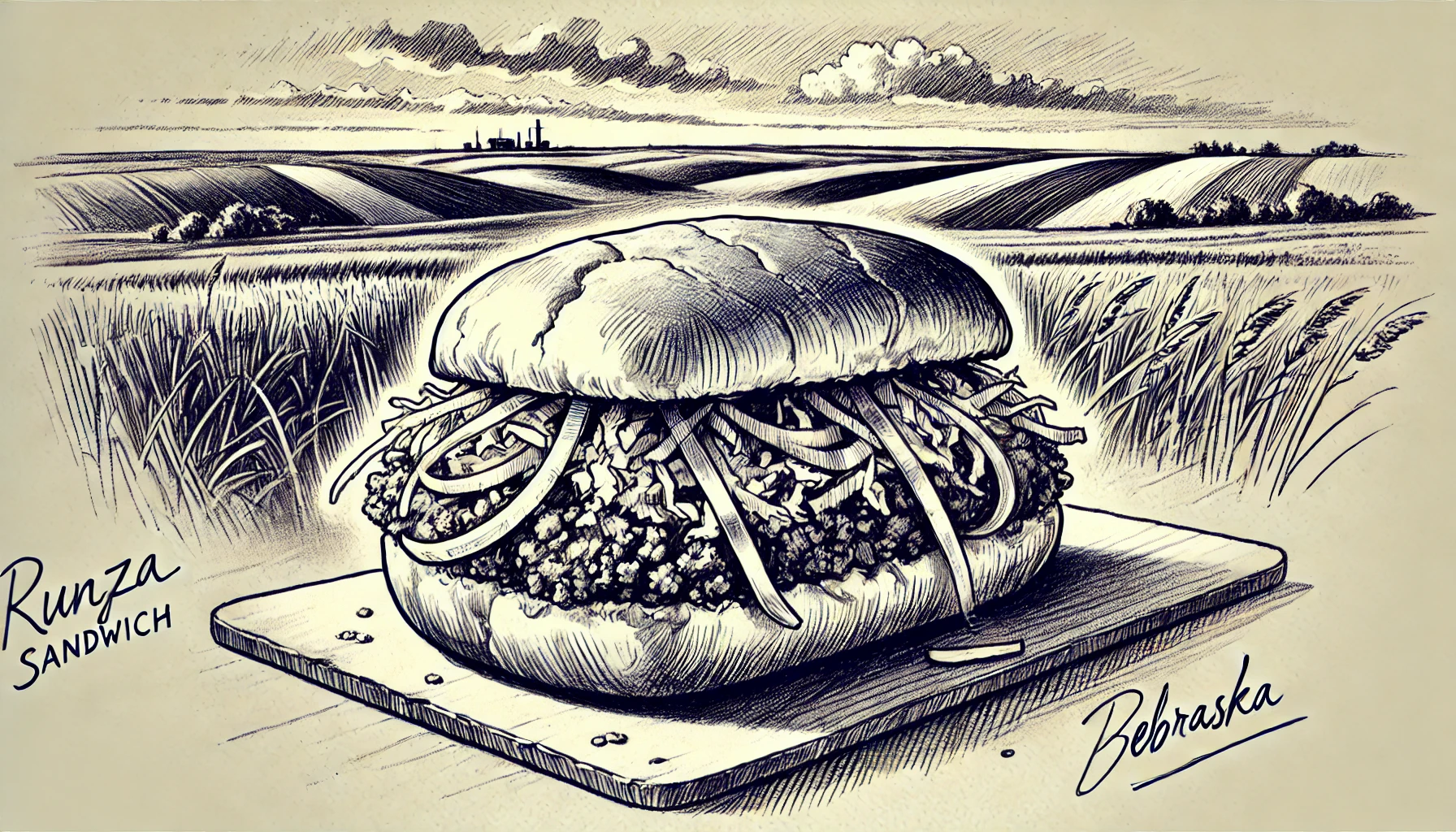German Food in Omaha

Omaha, a city in the Midwestern United States known for its rich cultural history, boasts a diverse food scene that showcases the influences of various European cuisines, including German. German immigrants played a significant role in shaping the city's culinary landscape, introducing their traditional dishes and adapting them to local tastes. This article delves into the world of German food in Omaha, exploring its history, notable dishes, and establishments that contribute to the city's vibrant gastronomic scene.
Historically, German immigrants arrived in Omaha during the mid-19th century, bringing with them their culinary traditions and techniques. Many of these immigrants settled in the city's Old Market district, establishing restaurants, bakeries, and butcher shops that catered to their fellow Germans. This influx of European cuisine not only enriched Omaha's food scene but also helped define the city's cultural identity.
German cuisine in Omaha is characterized by an emphasis on hearty, comforting dishes such as schnitzel, sauerbraten, and sausages. One of the most popular German dishes in the city is the Reuben sandwich, which consists of corned beef, sauerkraut, and Swiss cheese, grilled between slices of rye bread. This classic sandwich is often associated with Omaha's culinary heritage and can be found on menus across the city, including at iconic eateries like Crescent Moon and Gorat's Steakhouse.
For a more authentic German experience, visitors to Omaha can head to the city's original German restaurant, Gerda's German Restaurant and Bakery, located in the Miller Park neighborhood. This family-owned institution has been serving traditional German cuisine since 1976, offering a wide range of dishes such as schnitzel, sauerbraten, and spätzle. The restaurant's bakery also produces an assortment of traditional German breads and pastries, including strudel and streusel.
In addition to Gerda's, other notable German restaurants in Omaha include Prost, located in the Midtown Crossing neighborhood, and Ludwig's Bistro, situated in the historic Old Market district. Prost offers an extensive selection of German beers and a menu featuring traditional dishes such as currywurst and schnitzel. Ludwig's Bistro, on the other hand, focuses on modern German cuisine, with innovative dishes like schnitzel tacos and pork belly strudel.
Omaha's German food scene is not limited to restaurants; the city also hosts various German-themed festivals throughout the year. One of the most popular events is the annual Oktoberfest celebration, which takes place in the Joslyn Castle neighborhood. The festival features live music, traditional German dancing, and an extensive selection of German beers and cuisine. Visitors can sample local German delicacies, such as bratwurst and schnitzel, while enjoying the festive atmosphere.
German cuisine in Omaha continues to evolve, with modern interpretations of traditional dishes emerging in restaurants across the city. This blending of traditional and modern flavors has contributed to the richness of Omaha's food scene, making it a unique and exciting destination for food enthusiasts. As the city's cultural influences continue to shift and adapt, German cuisine remains an integral part of Omaha's culinary identity.
In conclusion, the German food scene in Omaha is a vibrant and complex tapestry of traditional and modern flavors, shaped by the city's rich cultural history and the influences of European immigrants. From iconic dishes like the Reuben sandwich to authentic German restaurants and festivals, Omaha offers a unique and exciting culinary experience that showcases the enduring legacy of German cuisine in the American Midwest.
Historically, German immigrants arrived in Omaha during the mid-19th century, bringing with them their culinary traditions and techniques. Many of these immigrants settled in the city's Old Market district, establishing restaurants, bakeries, and butcher shops that catered to their fellow Germans. This influx of European cuisine not only enriched Omaha's food scene but also helped define the city's cultural identity.
German cuisine in Omaha is characterized by an emphasis on hearty, comforting dishes such as schnitzel, sauerbraten, and sausages. One of the most popular German dishes in the city is the Reuben sandwich, which consists of corned beef, sauerkraut, and Swiss cheese, grilled between slices of rye bread. This classic sandwich is often associated with Omaha's culinary heritage and can be found on menus across the city, including at iconic eateries like Crescent Moon and Gorat's Steakhouse.
For a more authentic German experience, visitors to Omaha can head to the city's original German restaurant, Gerda's German Restaurant and Bakery, located in the Miller Park neighborhood. This family-owned institution has been serving traditional German cuisine since 1976, offering a wide range of dishes such as schnitzel, sauerbraten, and spätzle. The restaurant's bakery also produces an assortment of traditional German breads and pastries, including strudel and streusel.
In addition to Gerda's, other notable German restaurants in Omaha include Prost, located in the Midtown Crossing neighborhood, and Ludwig's Bistro, situated in the historic Old Market district. Prost offers an extensive selection of German beers and a menu featuring traditional dishes such as currywurst and schnitzel. Ludwig's Bistro, on the other hand, focuses on modern German cuisine, with innovative dishes like schnitzel tacos and pork belly strudel.
Omaha's German food scene is not limited to restaurants; the city also hosts various German-themed festivals throughout the year. One of the most popular events is the annual Oktoberfest celebration, which takes place in the Joslyn Castle neighborhood. The festival features live music, traditional German dancing, and an extensive selection of German beers and cuisine. Visitors can sample local German delicacies, such as bratwurst and schnitzel, while enjoying the festive atmosphere.
German cuisine in Omaha continues to evolve, with modern interpretations of traditional dishes emerging in restaurants across the city. This blending of traditional and modern flavors has contributed to the richness of Omaha's food scene, making it a unique and exciting destination for food enthusiasts. As the city's cultural influences continue to shift and adapt, German cuisine remains an integral part of Omaha's culinary identity.
In conclusion, the German food scene in Omaha is a vibrant and complex tapestry of traditional and modern flavors, shaped by the city's rich cultural history and the influences of European immigrants. From iconic dishes like the Reuben sandwich to authentic German restaurants and festivals, Omaha offers a unique and exciting culinary experience that showcases the enduring legacy of German cuisine in the American Midwest.
